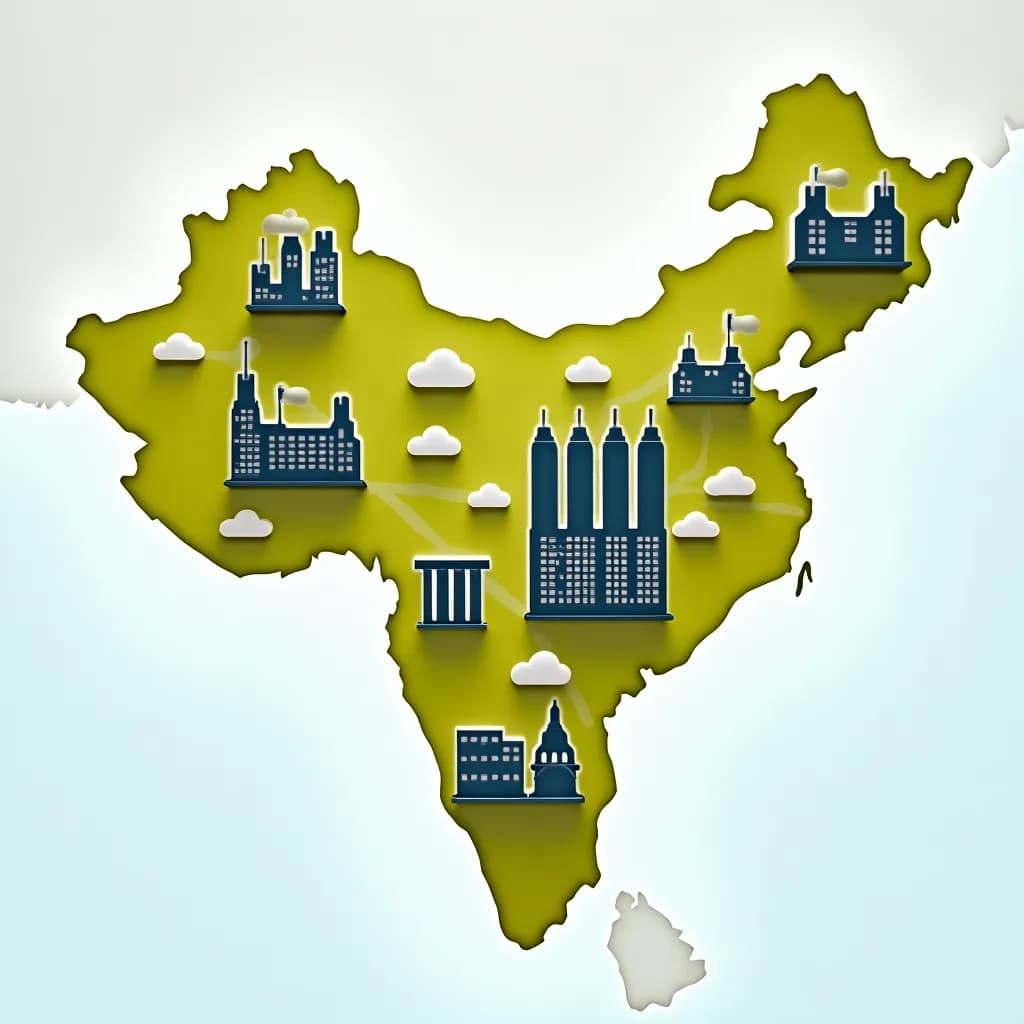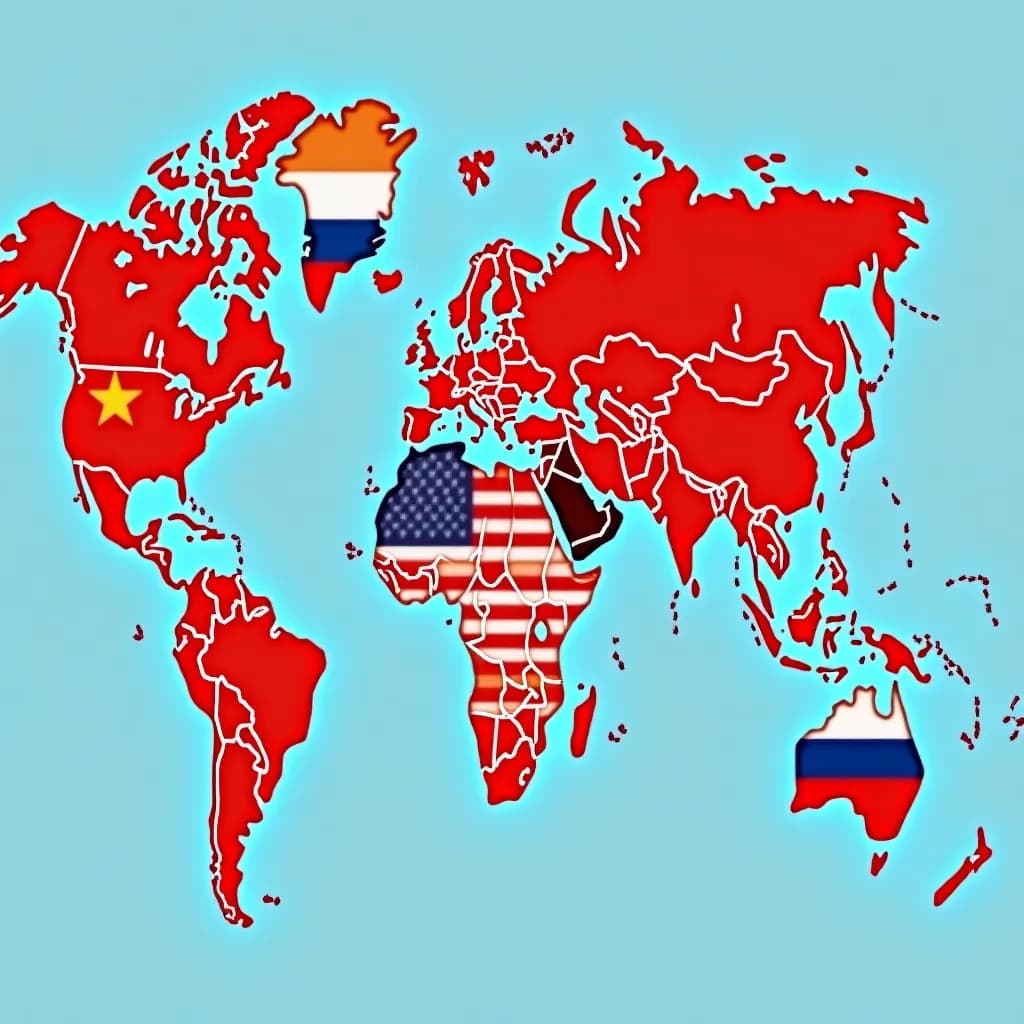The Evolving Dynamics of Global Politics: A Comprehensive Analysis
In an era marked by rapid technological advancement and shifting alliances, the landscape of global politics is undergoing significant transformation. From the rise of new global powers to the changing nature of conflict, understanding these dynamics is crucial for policymakers and analysts alike. In this article, we delve into the key factors reshaping the political world order and the implications for international relations.
Emerging Powers and Shifting Alliances
China and India are increasingly asserting their influence on the global stage, challenging the traditional dominance of Western powers. According to data from the International Monetary Fund, China’s GDP is projected to surpass that of the United States by 2030. Similarly, India's economic growth is positioning it as a major player in international trade and politics.
These emerging powers are not only reshaping economic landscapes but also realigning global alliances. The Belt and Road Initiative exemplifies China’s strategy to expand its influence through infrastructure investments across Asia, Africa, and Europe. Meanwhile, India’s strategic partnerships with the United States, Japan, and Australia signal a counterbalance to China’s growing clout.
Technological Impact on Global Politics
The advent of cyber warfare and artificial intelligence is redefining the nature of conflict and diplomacy. Cyberattacks targeting critical infrastructure and electoral processes have become a significant concern for national security. The 2020 SolarWinds hack, allegedly linked to Russian operatives, exposed vulnerabilities in the U.S. federal systems, underscoring the need for robust cybersecurity measures.
Moreover, the race for technological supremacy between the U.S. and China highlights the strategic importance of controlling emerging technologies. Both nations are investing heavily in AI research, with implications for military capabilities and economic competition. As technology continues to evolve, it becomes imperative for countries to navigate these challenges while fostering international cooperation on cybersecurity norms.
Climate Change and Geopolitical Tensions
Climate change is not only an environmental issue but also a geopolitical one. The World Economic Forum has identified climate-related risks as some of the most significant threats to global stability. Rising sea levels, extreme weather events, and resource scarcity are exacerbating tensions, particularly in regions like the Middle East and Sub-Saharan Africa.
For instance, water scarcity in the Nile Basin has heightened disputes between Egypt, Sudan, and Ethiopia over the Grand Ethiopian Renaissance Dam. Such conflicts over natural resources are likely to increase as climate change impacts become more pronounced. Addressing these issues requires collaborative international efforts and innovative policy solutions.
The Rise of Populism and Nationalism
Recent years have witnessed a surge in populist and nationalist movements across the globe, challenging established political norms. From Brexit in the United Kingdom to the election of Donald Trump in the United States, these movements often capitalize on economic grievances and cultural anxieties.
Populism's rise has implications for international cooperation, as it often prioritizes national sovereignty over multilateral agreements. This trend is evident in the withdrawal of the U.S. from the Paris Agreement under Trump’s administration and the ongoing debates over immigration policies in Europe. Understanding the root causes of populism and fostering inclusive political discourse is essential for maintaining global stability.
Conclusion: Navigating a Complex Future
In conclusion, the evolving dynamics of global politics present both challenges and opportunities. As emerging powers reshape the world order, technological advancements redefine conflict, and climate change exacerbates geopolitical tensions, the need for adaptive and forward-thinking policies becomes increasingly apparent. By fostering international cooperation and embracing innovation, the global community can navigate the complexities of this new era and work towards a more stable and prosperous future.










